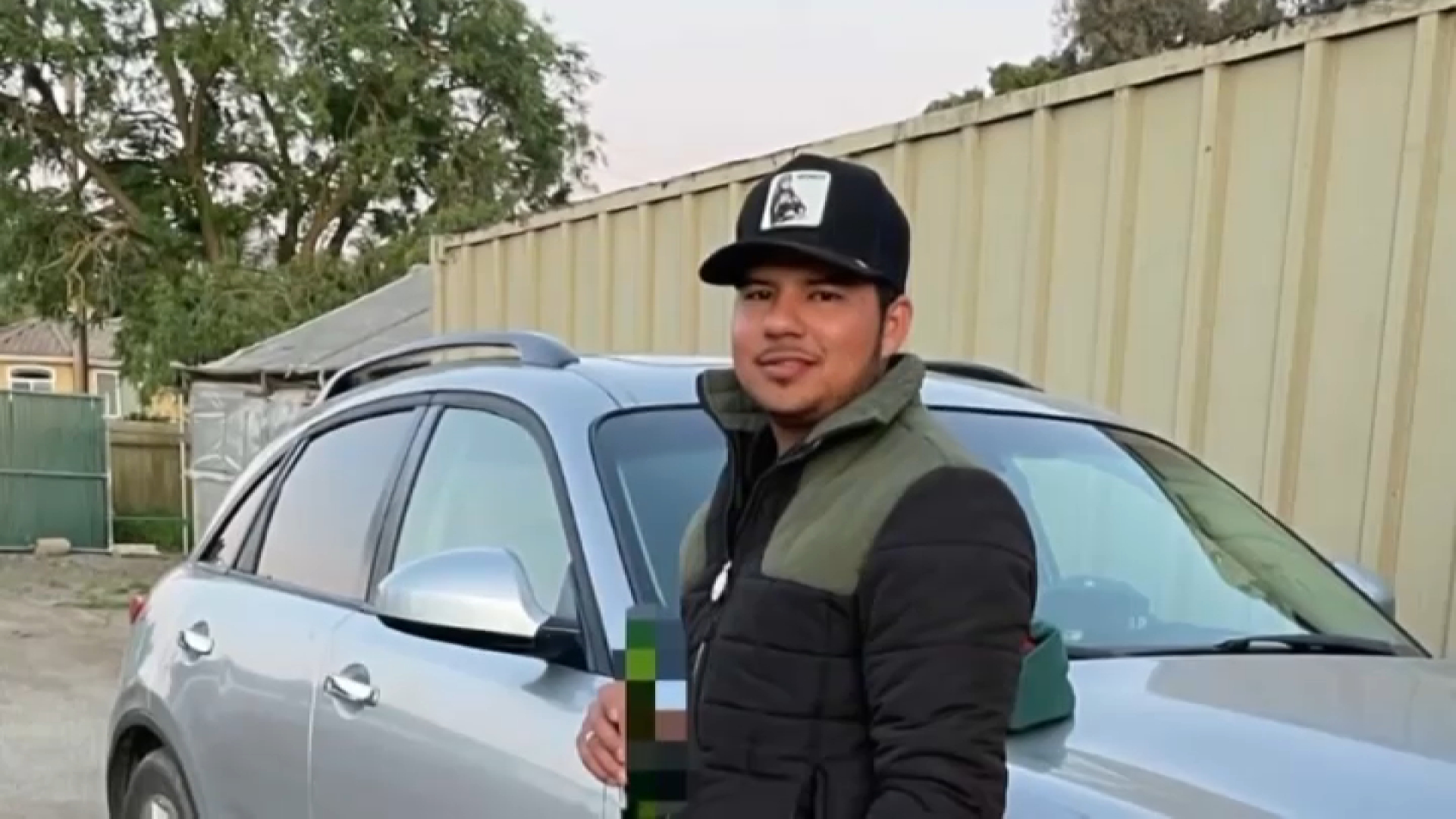U.S. Sen. Bernie Sanders, I-Vermont, outlined his plan to convert the country's health care system to a single-payer system as he accepted the National Nurses United union's endorsement for president in Oakland on Friday.
His speech to the nurses almost exclusively focused on health care and his plan to expand the Medicare system to all Americans, which received enthusiastic support from the hundreds of healthcare professionals in attendance.
The union, which represents 185,000 nurses nationwide, was the first national labor union to support Sanders' campaign in the last presidential election. Sanders visited Oakland to receive the endorsement in August 2015.
In his return visit he praised the work of nurses and their role in providing healthcare.
"Every single day you go to work, you are there when our babies are born, you are there when people become ill or suffer terrible accidents, you are there in the last days of people's lives," Sanders said. "You are the backbone of the American health care system, you do fantastic and compassionate work."
Sanders said the current system, where people still go uninsured and unable to afford care, is "insane" and "obscene" as the heavy burden facing families after a loved one is diagnosed with cancer or Alzheimer's disease could lead to bankruptcy.
Sanders said that die each year 30,000 people who didn't receive care soon enough because they are uninsured or underinsured die each year, and 500,000 people go bankrupt because of medical bills.
Local
"You understand perhaps more than any group in America the dysfunctionality and the cruelty of the current healthcare system," he told the nurses.
"I suspect that many of you have had to commiserate with people who have lost loved ones who died unnecessarily because they delayed getting the health care they should've gotten," Sanders added.
Health care, he said, is a human right. And in advocating for Medicare for All, Sanders said the nurses were standing up not only for themselves as workers but for their patients and everyone in the country.
Sanders outlined a four-year transition plan that would be accomplished through passage at the beginning of his term of a massive overhaul bill he has already authored in the Senate.
He would expand Medicare to include dental, vision and home health care, cover all children, and lower the eligibility age from 65 to 55 for the first year. For each year following, Sanders said he would gradually continue lowering the eligibility age until everyone is covered.
His plan would eliminate premiums, deductibles and co-payments and all other out-of-pocket expenses. He said that it would be paid for with a progressive tax program that would raise taxes on many middle class Americans but cost substantially less than what the average American is paying in medical costs now.
Sanders was also asked about a different plan to transition to Medicare for All announced on Friday by his closest ideological competitor for the Democratic nomination, U.S. Sen. Elizabeth Warren, D-Massachusetts.
Warren's plan calls for a similar transition period during her first 100 days in office, including reducing the Medicare eligibility age to 50 and covering children. But rather than one major package overhauling the
healthcare system, Warren advocates a series of smaller steps in Congress that would complete the transition over her first term.
Without addressing Warren's plan directly, Sanders said he believes the best approach is to confront the issue head-on right away.
"We're going to have to take on the drug companies, we're going to have take on the insurance companies ... that's a fight that's going to have to happen," he said. "And I will engage that struggle on day one of my administration."
While Sanders focused his speech on health care, in introducing him, National Nurses United President Deborah Burger praised Sanders' advocacy for a Green New Deal that would shift energy production to renewable sources. She said nurses are also on the frontlines of the health consequences of climate change.
"The climate crisis is real," Burger said. "Here in the Bay Area and in Sonoma County where I live, we can feel, touch, breathe and smell the crisis as it impacts ourselves, our patients and our community."
Sanders did not address his opponents for the Democratic nomination and spent little time on the incumbent president, who he would eventually take on in a general election fight, despite Democrats holding the second day of impeachment hearings on Friday.
When Sanders did mention President Donald Trump, he did not mince words: "Together we are going to defeat the most corrupt and dangerous president in the history of this country."



